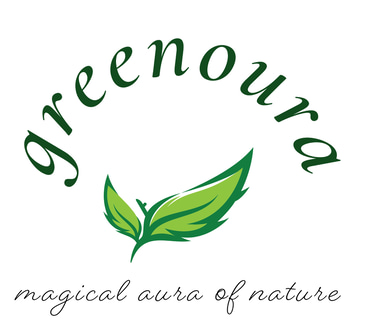Factors Affecting Plant Growth: Unveiling the Secrets of Nature's Green Giants
1/27/20242 min read


Plants, the magnificent green giants that have graced our planet for over 400 billion years, are a testament to the resilience and adaptability of nature. With approximately 400,000 known species (over 90% being flowering), plants have evolved to thrive in diverse environments, from lush rainforests to arid deserts. However, their growth is not solely determined by their genetic makeup. There are several external factors that significantly influence the growth and development of plants.
1. Light
Light is one of the most crucial factors affecting plant growth. Through the process of photosynthesis, plants convert light energy into chemical energy, enabling them to produce food and grow. Different plants have varying light requirements, with some thriving in direct sunlight, while others prefer shaded areas. Insufficient light can lead to stunted growth, pale leaves, and weak stems, while excessive light can cause sunburn and damage to the plant.
2. Water
Water is essential for plant growth as it serves as the primary medium for nutrient absorption and transportation within the plant. Adequate water supply ensures that plants maintain their turgidity, allowing them to stand upright and support their structures. Insufficient water can lead to wilting, while excessive water can suffocate the roots and cause root rot. The optimal amount of water varies for different plant species, and it is important to strike a balance to promote healthy growth.
3. Temperature
Temperature plays a vital role in plant growth and development. Each plant species has a specific temperature range in which it thrives. Extreme temperatures, whether too hot or too cold, can have detrimental effects on plants. High temperatures can cause wilting, leaf scorch, and even death, while low temperatures can lead to frost damage and inhibit growth. Understanding the temperature requirements of plants is crucial for creating suitable growing conditions.
4. Nutrients
Nutrients are the building blocks that plants require for optimal growth. These include macronutrients such as nitrogen, phosphorus, and potassium, as well as micronutrients like iron, zinc, and manganese. The availability of these nutrients in the soil directly impacts plant growth. Deficiencies or imbalances in nutrient levels can result in stunted growth, yellowing of leaves, and reduced crop yields. Fertilizers and organic matter can be used to supplement nutrient requirements and enhance plant growth.
5. Soil Quality
The quality of the soil in which plants grow greatly influences their overall health and growth. Soil provides plants with physical support, water, and nutrients. It is important to consider factors such as soil pH, texture, and drainage. Different plants have specific soil requirements, and understanding these preferences is crucial for successful cultivation. Improving soil quality through practices like composting and mulching can enhance plant growth and productivity.
6. Air Quality
Air quality, though often overlooked, can significantly impact plant growth. Plants require a constant supply of carbon dioxide for photosynthesis. Poor air quality, characterized by high levels of pollution or limited air circulation, can hinder this process and impede plant growth. Ensuring good air circulation and minimizing exposure to pollutants can promote healthier plant growth.
As we delve into the world of plants, it becomes evident that their growth is influenced by a myriad of factors. By understanding and optimizing these factors, we can create environments that nurture the growth and development of these remarkable green beings. So let's embrace the secrets of nature and cultivate thriving gardens that bloom with life.
Contact us
sonia.greenoura@gmail.com
Digital presence
(+91) 9667476590
We have with us proven packaging and shipment partners to deliver products pan India. It is important to us that product reaches you properly.
In case of damage during shipment, just share an unboxing video on WhatsApp, either replacement or refund will be done. No hidden charges. No questions asked
